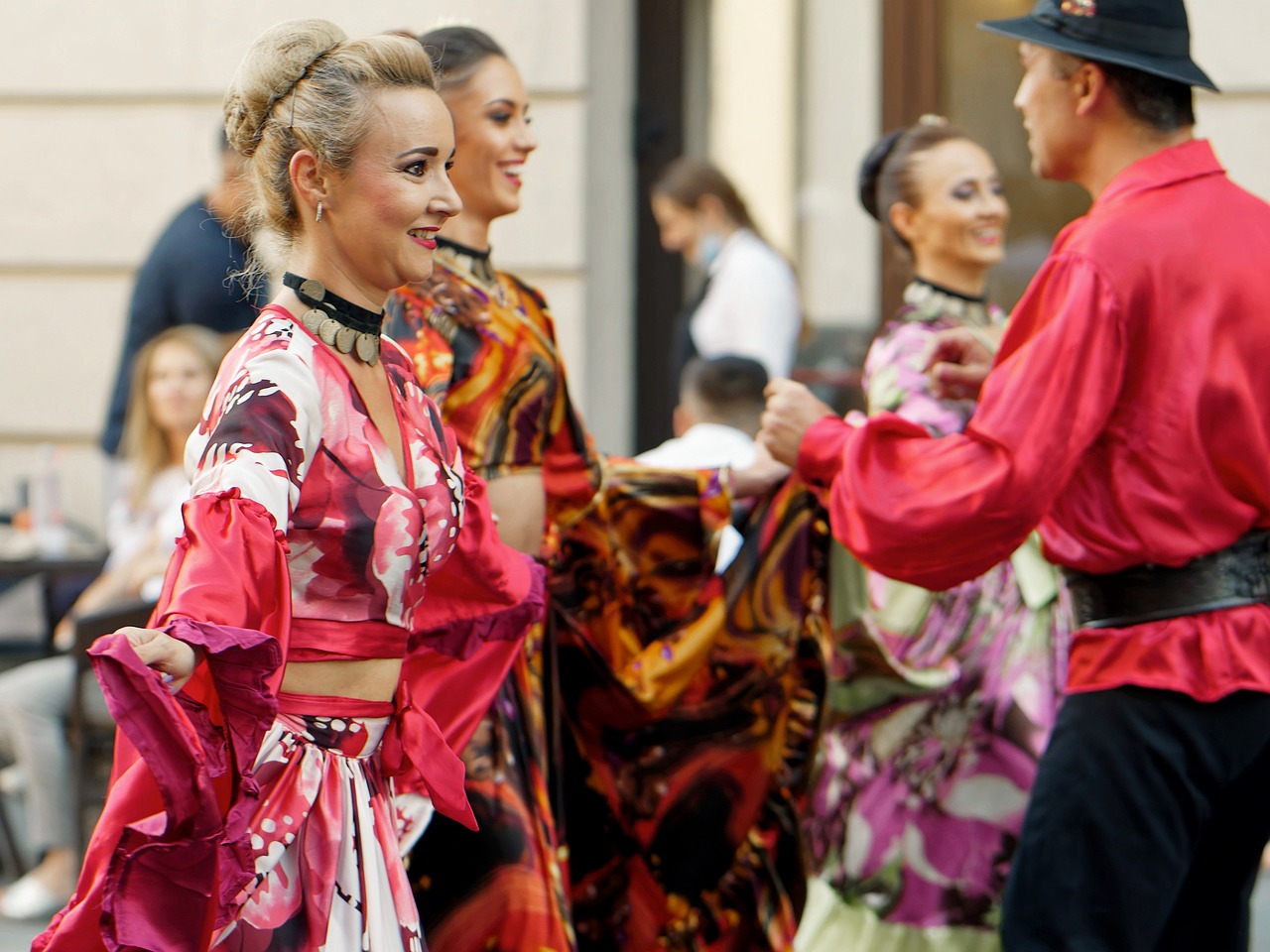The Impact of Diversity Casting in Entertainment: Reflecting Society’s Mosaic
In today’s society, the representation of diverse voices in entertainment plays a crucial role in shaping our beliefs and perspectives. Through inclusive casting choices and storytelling, the entertainment industry has the power to reflect the rich tapestry of the world we live in and promote empathy and understanding among different communities.
By showcasing a wide range of backgrounds, cultures, and identities on screen, entertainment can combat harmful stereotypes and foster a sense of belonging for marginalized groups. Inclusive representation not only enriches the viewing experience for audiences but also paves the way towards a more equitable and inclusive society.
The Evolution of Diversity Casting in Film and Television
In recent years, there has been a significant shift in the way casting is approached in the entertainment industry. Gone are the days when roles were strictly limited by race, gender, or ethnicity. Instead, filmmakers and producers are recognizing the importance of inclusive representation on screen. This evolution has brought about a new era of storytelling that better reflects the diverse world we live in.
Diversity casting has not only opened up opportunities for underrepresented groups but has also led to more authentic and nuanced portrayals on screen. By breaking away from traditional stereotypes and casting a wider range of actors, filmmakers are able to explore new narratives and perspectives. This shift not only benefits the industry as a whole but also resonates with audiences who are hungry for more inclusive and authentic storytelling.
Breaking Stereotypes Through Diverse Casting Choices
In recent years, the entertainment industry has taken significant strides in breaking stereotypes through diverse casting choices. By intentionally selecting actors from various backgrounds and cultures, films and television shows have the power to challenge traditional perceptions and offer audiences a more authentic and inclusive representation of society. These diverse casting decisions not only bring new perspectives to storytelling but also provide opportunities for underrepresented groups to see themselves reflected on screen in a meaningful way.
From reimagining classic characters with actors of different ethnicities to portraying complex narratives that showcase the richness of diverse experiences, the impact of diverse casting choices reverberates throughout popular media. By moving away from one-dimensional and stereotypical portrayals, filmmakers and show creators are actively working towards creating a more accurate reflection of the world we live in. This deliberate shift towards inclusive representation not only enhances the quality of storytelling but also fosters a greater sense of empathy and understanding among viewers from all walks of life.
• One way diverse casting choices break stereotypes is by reimagining classic characters with actors of different ethnicities
• Diverse casting also allows for the portrayal of complex narratives that showcase the richness of diverse experiences
• Filmmakers and show creators are actively working towards creating a more accurate reflection of society through inclusive representation
• Inclusive casting not only enhances the quality of storytelling but also fosters empathy and understanding among viewers
Why is inclusive representation in entertainment important?
Inclusive representation in entertainment is important because it allows for diverse voices and perspectives to be heard and seen, breaking stereotypes and offering a more accurate reflection of society.
How has diversity casting evolved in film and television?
Diversity casting has evolved in film and television by moving away from stereotypical portrayals of characters based on race, gender, or other factors, and instead focusing on casting actors who represent a wider range of backgrounds and experiences.
How can diverse casting choices help break stereotypes?
Diverse casting choices can help break stereotypes by showing audiences that people from all backgrounds can play a variety of roles and be portrayed in a more realistic and nuanced way, challenging preconceived notions and expanding representation in media.







